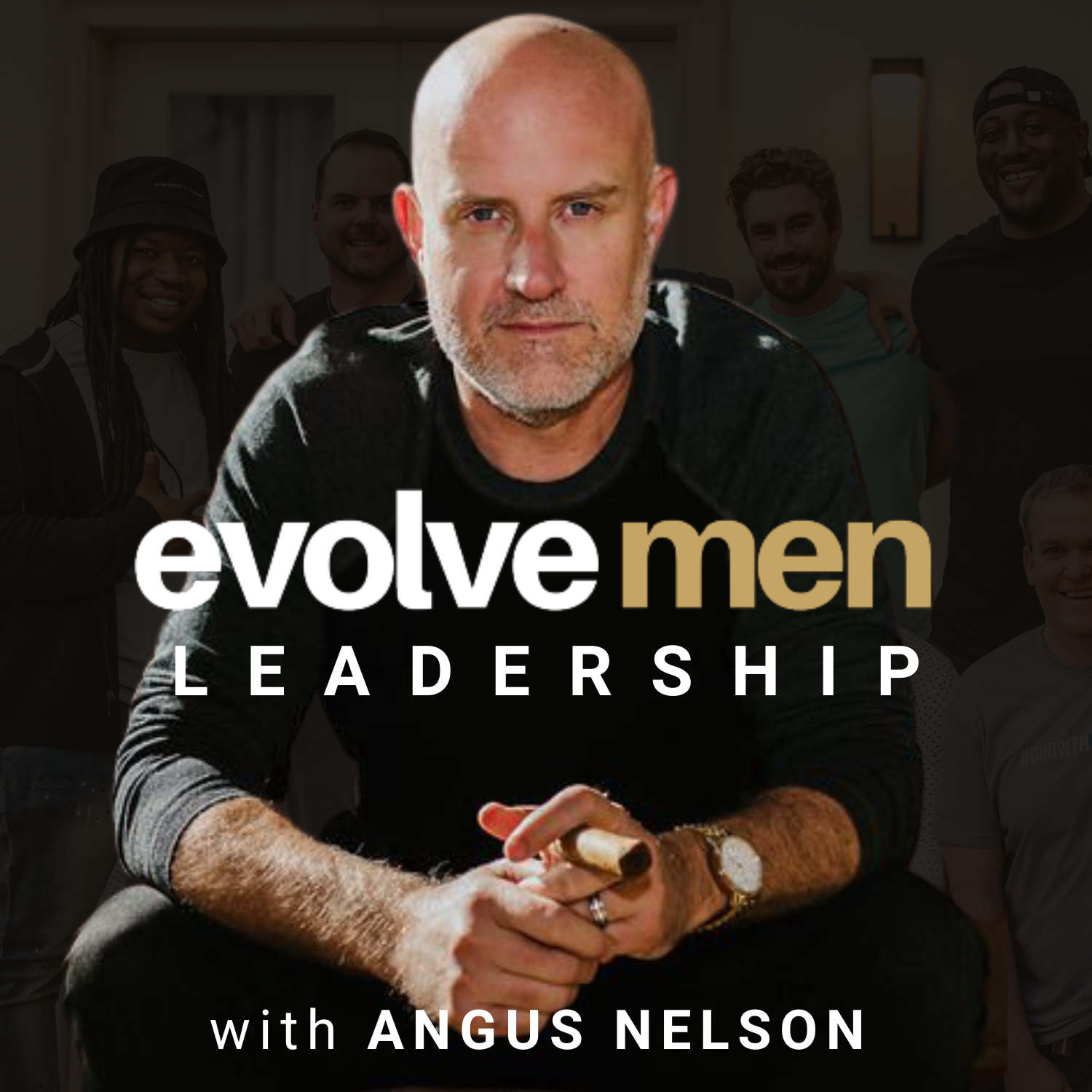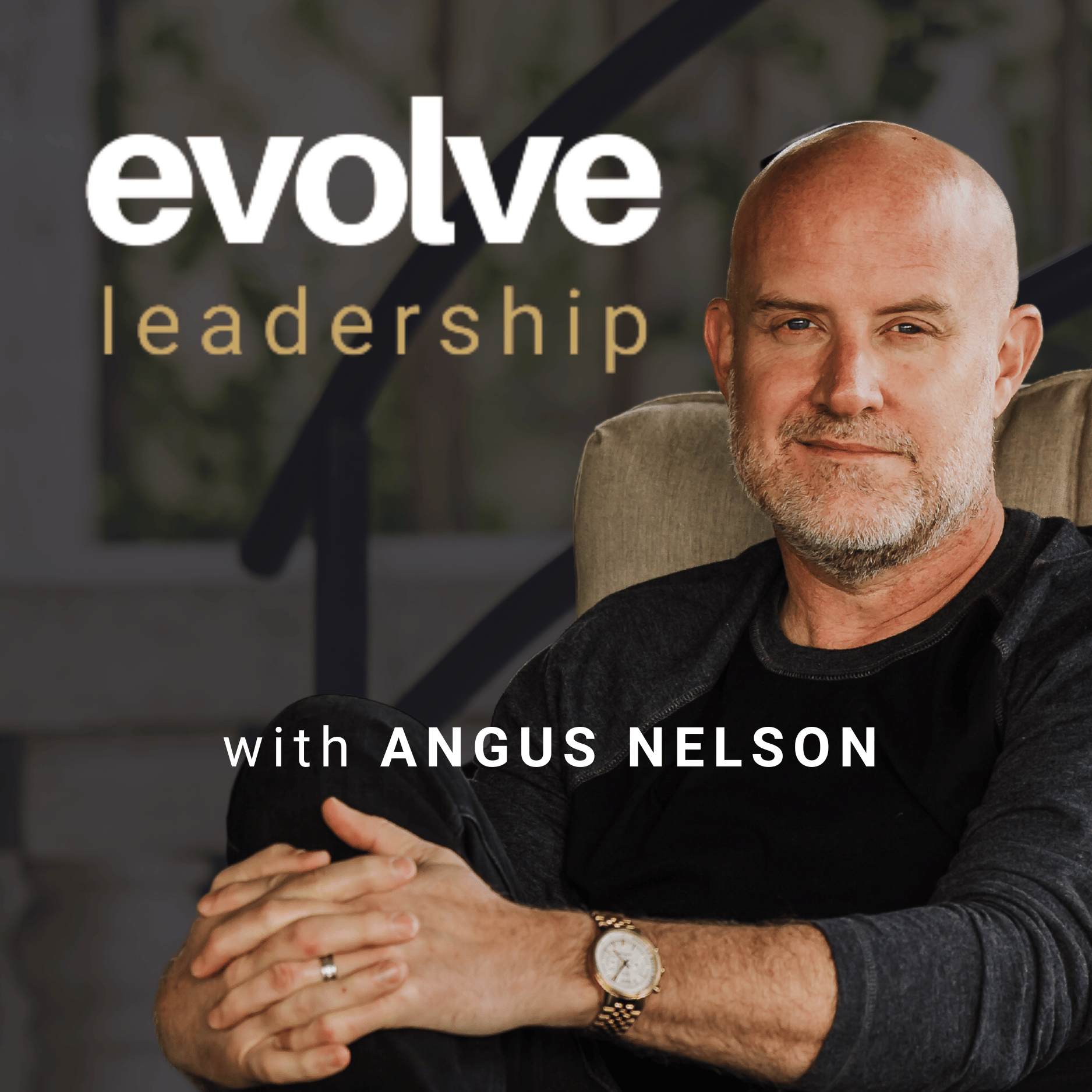
This episode is age restricted for viewers under +18
Create an account or login to confirm your age.
- After-Shows
- Alternative
- Animals
- Animation
- Arts
- Astronomy
- Automotive
- Aviation
- Baseball
- Basketball
- Beauty
- Books
- Buddhism
- Business
- Careers
- Chemistry
- Christianity
- Climate
- Comedy
- Commentary
- Courses
- Crafts
- Cricket
- Cryptocurrency
- Culture
- Daily
- Design
- Documentary
- Drama
- Earth
- Education
- Entertainment
- Entrepreneurship
- Family
- Fantasy
- Fashion
- Fiction
- Film
- Fitness
- Food
- Football
- Games
- Garden
- Golf
- Government
- Health
- Hinduism
- History
- Hobbies
- Hockey
- Home
- How-To
- Improv
- Interviews
- Investing
- Islam
- Journals
- Judaism
- Kids
- Language
- Learning
- Leisure
- Life
- Management
- Manga
- Marketing
- Mathematics
- Medicine
- Mental
- Music
- Natural
- Nature
- News
- Non-Profit
- Nutrition
- Parenting
- Performing
- Personal
- Pets
- Philosophy
- Physics
- Places
- Politics
- Relationships
- Religion
- Reviews
- Role-Playing
- Rugby
- Running
- Science
- Self-Improvement
- Sexuality
- Soccer
- Social
- Society
- Spirituality
- Sports
- Stand-Up
- Stories
- Swimming
- TV
- Tabletop
- Technology
- Tennis
- Travel
- True Crime
- Episode-Games
- Visual
- Volleyball
- Weather
- Wilderness
- Wrestling
- Other
How to Disrupt Business With Human-Centered Skills with Rahim Fazel
Welcome to the Evolvemen podcast. Our guest is Rahim Rizal. He is the founder of SV Academy and an accomplished entrepreneur who has co-founded multiple startups and gained recognition as a Forbes 30 Under 30 honoree. His revolutionary education and employment platform aims to equip individuals with the necessary skills and knowledge to excel in the tech industry. Rahim possesses a deep passion for democratizing access to opportunities and has dedicated his career to empowering individuals from diverse backgrounds, propelling them into the tech workforce. [7:00] What does the experience of working at the four companies plus time at Oracle look or feel like, briefly?My journey can be summarized as a progression from seeking external approval to finding approval within myself. In my first company, despite a challenging background, I hustled and achieved success, which had a profound impact on my life. With my second business, I experienced recognition and lived a glamorous lifestyle, akin to what I had seen in music videos. The third company brought new challenges, but I persevered, feeling the need to prove myself in a larger arena. Reflecting on my experiences, I realized my strengths in setting and achieving goals, but also recognized the importance of personal growth and introspection. This led me to seek therapy, open up to my partner, and engage with like-minded individuals. When I started my fourth business, I aimed to create social impact, serving underserved learners and promoting human-centered principles. Despite the difficulties, this venture has been the most fulfilling, as it combines education and disrupting the system to empower individuals in sales roles.[14:55] What would you say to the disruption side? What kind of friction did you face? There are three lenses or dimensions to consider when answering this question. First, from the perspective of employers, we aimed to drive change by having them not just buy into our vision but actively lead the transformation. It involved convincing them to move away from the traditional approach of neglecting training and focusing on easily attainable goals. We wanted them to recognize the potential of diverse talent and be comfortable embracing different ways of achieving success. Second, we focused on job seekers, helping them see the value of investing in training for more fulfilling outcomes. We wanted to bridge the gap between the challenging nature of sales jobs and the long-term benefits they could offer, even for those from underserved communities. Third, assessment played a crucial role in sustaining the transformation. It involved continuously evaluating the development of human-centered skills to ensure the effectiveness of our programs. While challenging, it was a vital component of the overall process. Going forward, I aim to address internal factors within the education program and company culture to further enhance our mission.[20:15] How do the 15 commitments of conscious leaders influence our work, especially in the context of entry-level sales in a highly competitive business environment? The 15 commitments of conscious leaders, which have greatly influenced our work, particularly highlight two commitments: 100% responsibility and curiosity. These commitments are both universally applicable and crucial for success in entry-level sales within a highly competitive business environment. Taking 100% responsibility means acknowledging that external factors may influence outcomes, but focusing on personal accountability, and seeking ways to improve. Instead of blaming external circumstances, individuals must reflect on their preparation, research, and activity levels to adapt to changing situations. The second commitment, curiosity, involves detaching from the need to be right and embracing a mindset of exploration. In interpersonal dynamics, it means being open to dif

